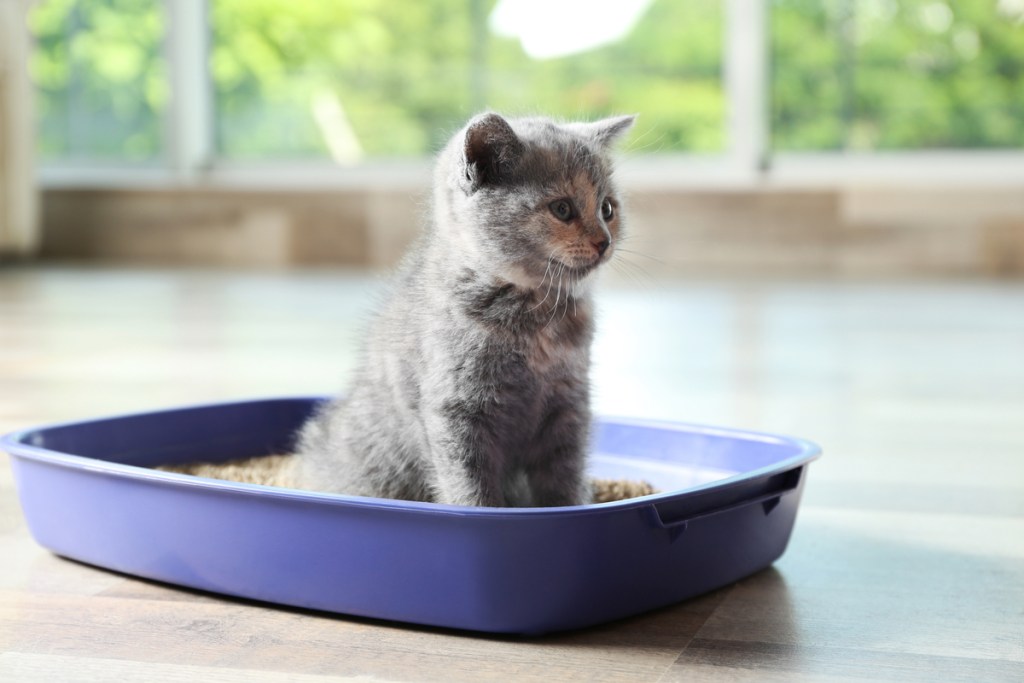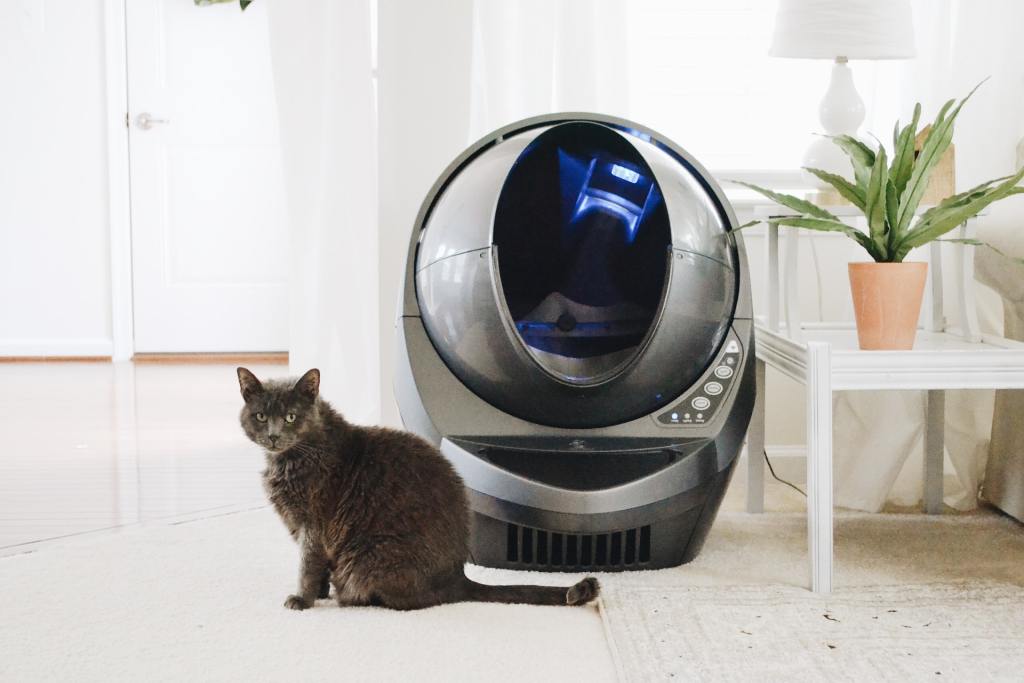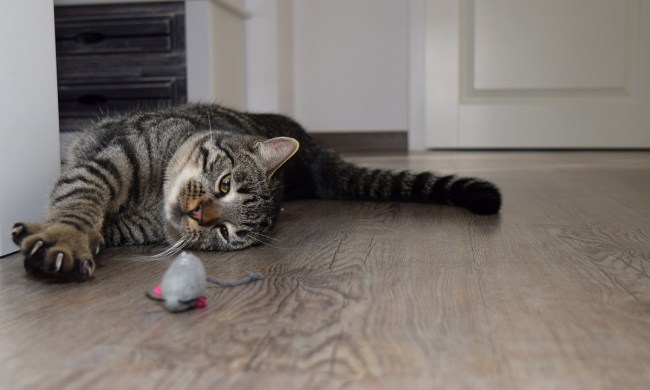Cats can be pretty picky about their litter boxes, and sometimes even tiny changes can upset cats. If your cat stopped using the litter box in your home, you might assume that he’s just being picky – but there are actually many factors that can prompt your cat to change his litter box habits. Some of these potential causes relate to your cat’s health, while others might tie into recent changes in your home. If you’re wondering, “Why is my cat not using the litter box,” these tips could help you to get to the root of the problem.
Start with a trip to the vet
If your cat’s litter box habits suddenly change, try to make note of the changes and take your cat to the vet. If you have a male cat who suddenly starts meowing loudly and seems unable to urinate, he could have a urinary blockage, which is a life-threatening emergency. If this occurs, your cat needs immediate veterinary attention, even if you have to take him to an emergency veterinary hospital.
Other physical causes are still urgent. Frequent urination or urination outside of the litter box can indicate health issues like a urinary tract infection, while arthritis might make it difficult for your cat to get into and out of the litter box. Look for any symptoms that you should share with your vet, like bloody urine, difficulty having a bowel movement or urinating, an increase in urination frequency, and unusual lethargy. Be sure to make an appointment for your cat right away to identify and address any potential health issues.

Look for recent changes to the litter box
While health issues can play a role in your cat’s litter box habit changes, they’re not always the cause. After ruling out health issues, consider any changes that you’ve recently made to the litter box.
Some cats are ultra-sensitive about their litter boxes, and changes that you might see as minor could offend them. A change in the type of litter you’re using, the size or design of the box, the box’s cleanliness, and even the depth of the litter in the box all might upset your cat. Think about any of these factors that may have changed and return them to normal to see if your cat will use the box again.
Increase the number of litter boxes
Your cat might be responding to the fact that he feels there are too many cats and too few litter boxes. This can be particularly common if you’ve recently added another cat to your home.
As a rule of thumb, you should always have one more litter box than there are cats. For example, if you have three cats in your home, you should have four litter boxes. Having numerous litter boxes can help to keep smells down, and it lets cats use the boxes and not feel like they’re encroaching on each other’s property. It’s also helpful if any of your cats feel territorial about one of the boxes and try to guard it, preventing other cats from using it.

Experiment with different litter box locations
The location of the litter boxes can also encourage or discourage your cat to use them. Place litter boxes in quiet locations where your cat won’t be disturbed while using the box. At the same time, make sure that the locations are easily accessible – if your cat has to climb up the stairs or navigate a cat door into a closet, he might not bother with using the box.
You might want to experiment with different locations until you find the spots that make your cat most comfortable and most likely to use the box. You should have at least one box on every floor of your home, so they’re always conveniently available when your cat needs them.
The bottom line
Getting to the root of your cat’s litter box habits can take some time, and you may need to carefully watch your cat for signs of what’s upsetting him. If you start changing elements like your litter type and the box location, try to make just one change at a time, and only change one of the boxes in your home. You don’t want to further upset your cat and changing too many elements at once might only increase the litter box problems. Try to be patient and, if your cat is having accidents in the home, thoroughly and promptly clean them up. If possible, block off your cat’s access to the locations where he’s had accidents so he’ll be more inclined to use the litter box in the future.


